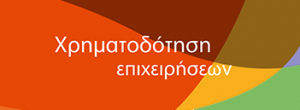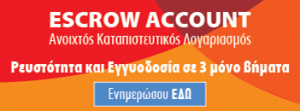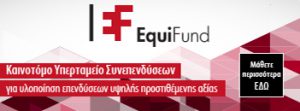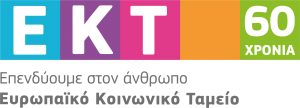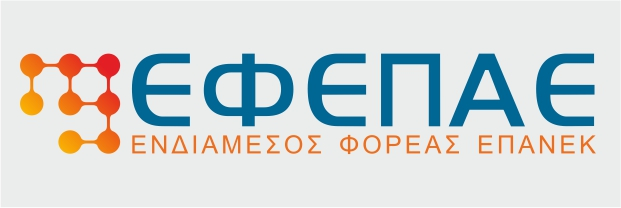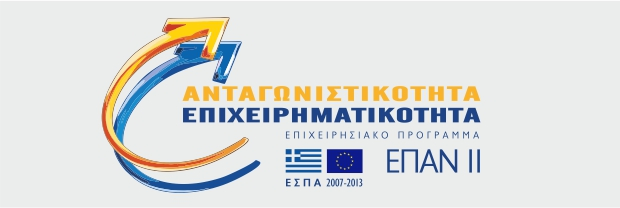12/7/2017 – 2016 EU budget reports: generating added value out of every euro spent

The European Commission today published three reports on the implementation of the 2016 EU budget.They show that the EU budget in 2016 has helped achieve the political priorities of the European Union, has created added value for the EU citizens and was spent in line with EU rules.
Another conclusion from those reports is that simplifying EU rules is key to making it easier for local authorities, farmers or businesses to use EU funds effectively and correctly. This ties in with the recommendations of the High Level Group on simplification, also presented today, which are feeding into the broader reflection on the future of EU finances launched by Commissioner Günther H. Oettinger in June.
Günther H. Oettinger, in charge of budget and human resources, said: “As the data demonstrate, the EU budget delivers concrete results, be it boosting research and innovation, supporting farmers, helping Europeans find jobs, supporting investment, fighting against climate change or providing humanitarian assistance across the world.. This is real added value that only our common EU budget can bring”.
Below are some key achievements of the EU budget in 2016:
– The Nobel Prize in Chemistry was awarded to three scientists who have benefitted from EU funding. This made a total of 17 Nobel prize laureates, four Fields medal winners and countless discoveries with global impact linked to the EU’s investment into research and innovation.
– About seven million farmers were supported with direct payments in 2016, ¤150 million was made available to compensate for the milk crises.
– More than 140.000 Small and Medium Enterprises in 21 countries received a total of ¤5.5 billion of loans from the COSME programme.
– 21% of the 2016 budget was devoted to fighting climate change.
– Over 120 million vulnerable people in more than 80 countries, including those most affected by the Syria crisis, received humanitarian aid worth over ¤2 billion.
– Hundreds of thousands lives saved in the Central Mediterranean alone with the joint efforts of EU Member States and the newly established European Border and Coast Guard Agency.
Background
The three reports mark the beginning of the annual procedure by which the European Parliament assesses the way the Commission has implemented the EU budget in 2016. At the end of that procedure the Parliament decides whether to sign off the EU’s accounts or not. In addition to today’s reports, the Parliament will take into account the European Court of Auditors’ annual report which is expected in September 2017. The Commission has received the Parliament’s approval every year since 1997, and the European Court of Auditors has found that the EU accounts to be fully reliable every year since 2007.
For More Information:
Integrated financial reporting package – 2016 brochure
Annual Management and Performance Report for the EU budget 2016
Commission Report on the follow-up to the discharge for the 2015 financial year
Reflection paper on the Future of EU finances
Follow Commissioner Oettinger on Twitter



